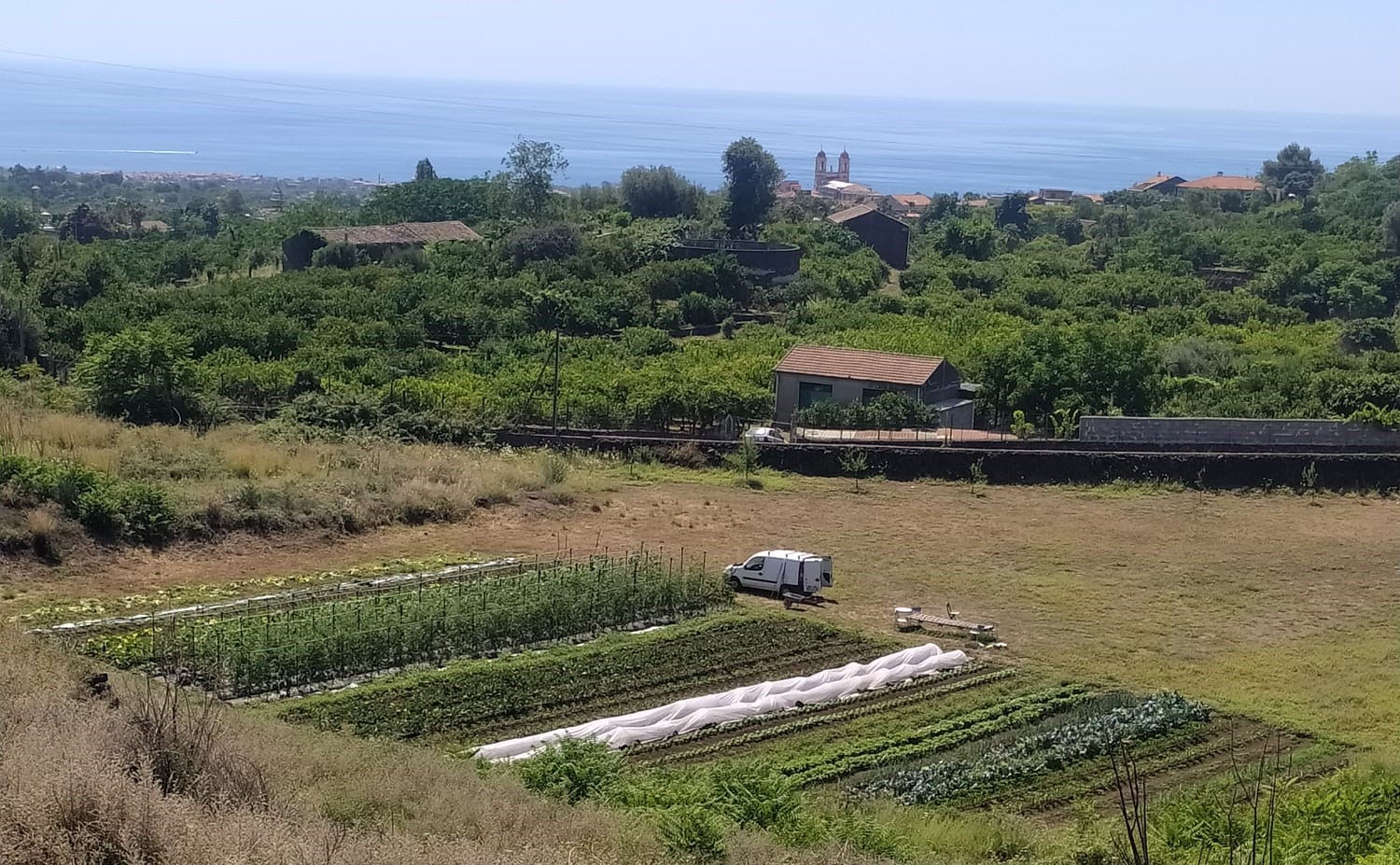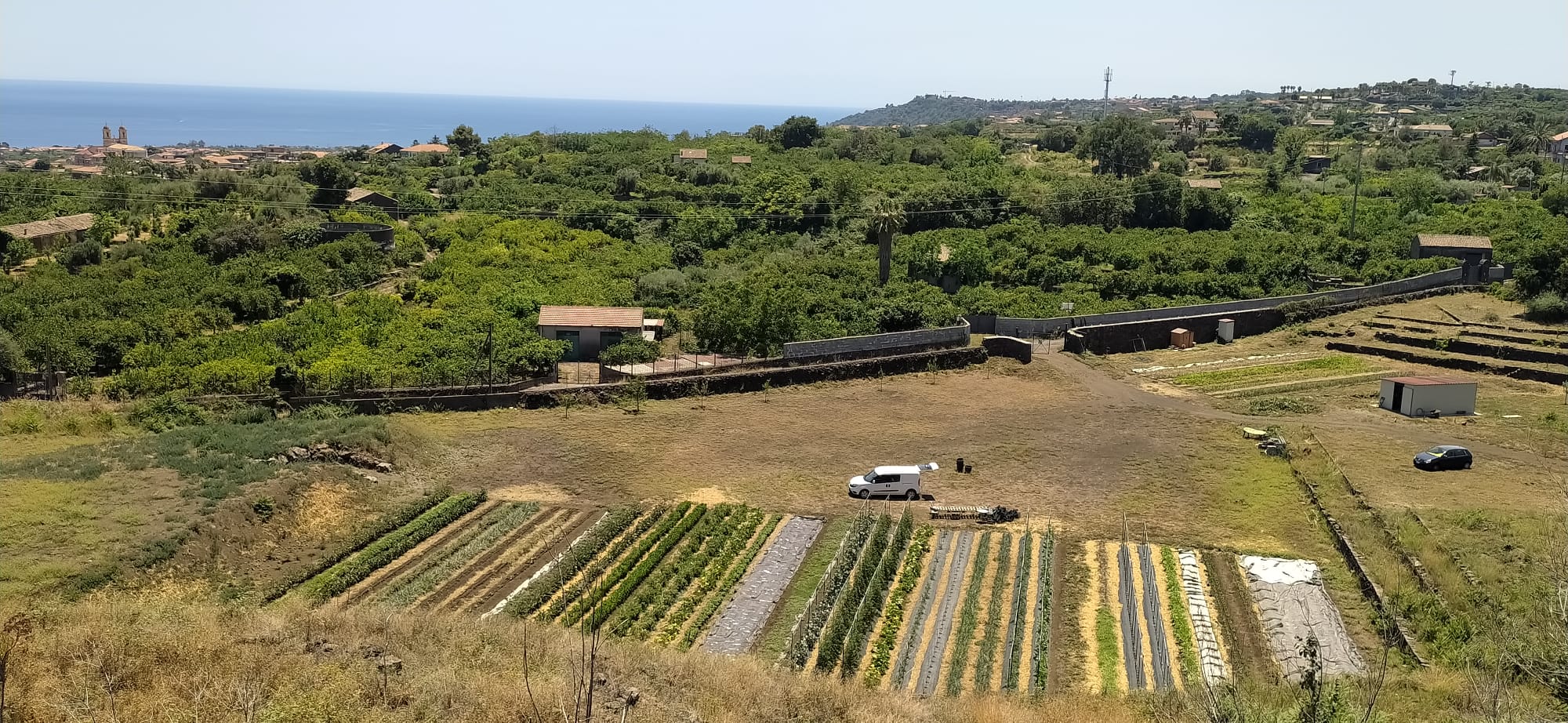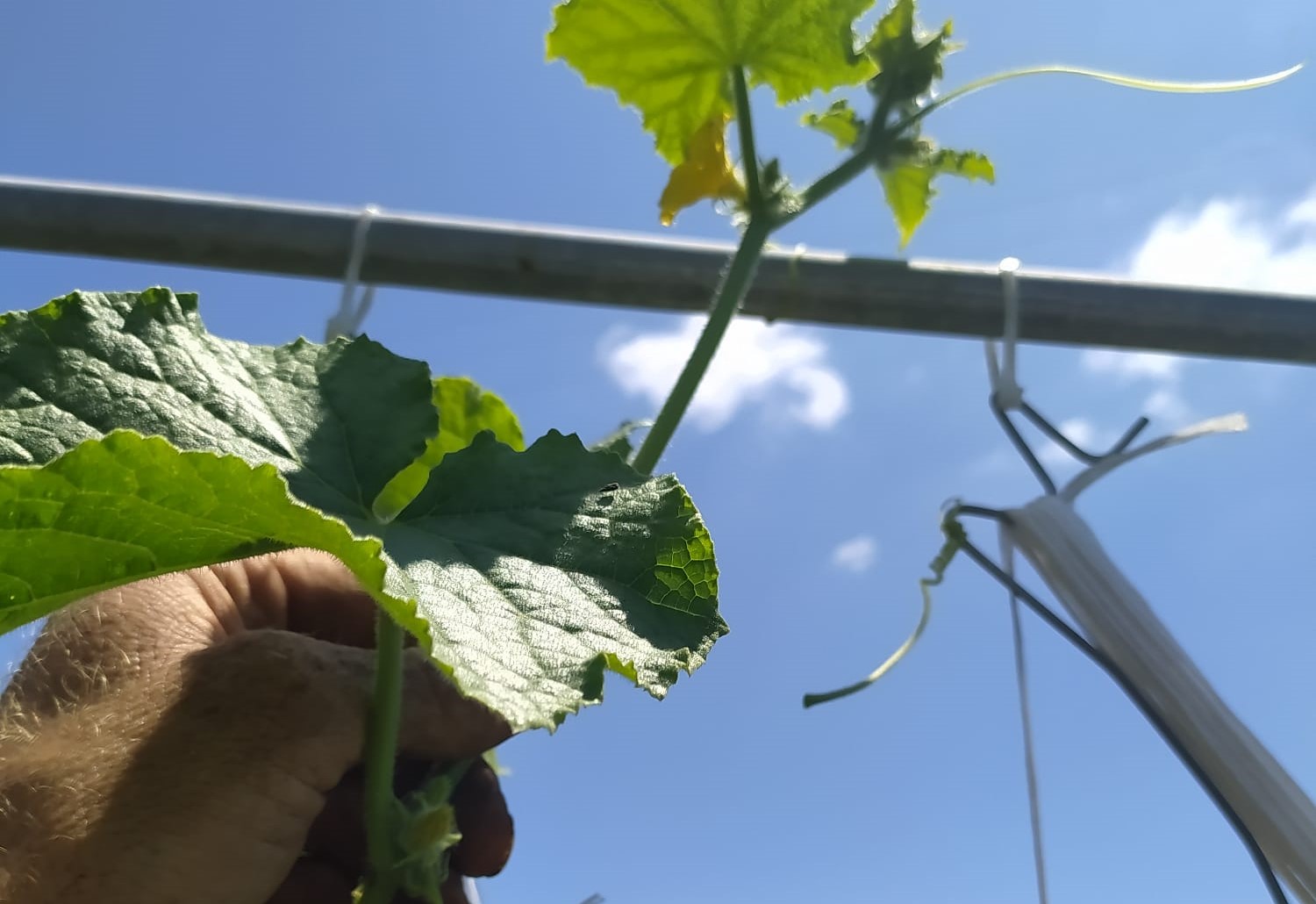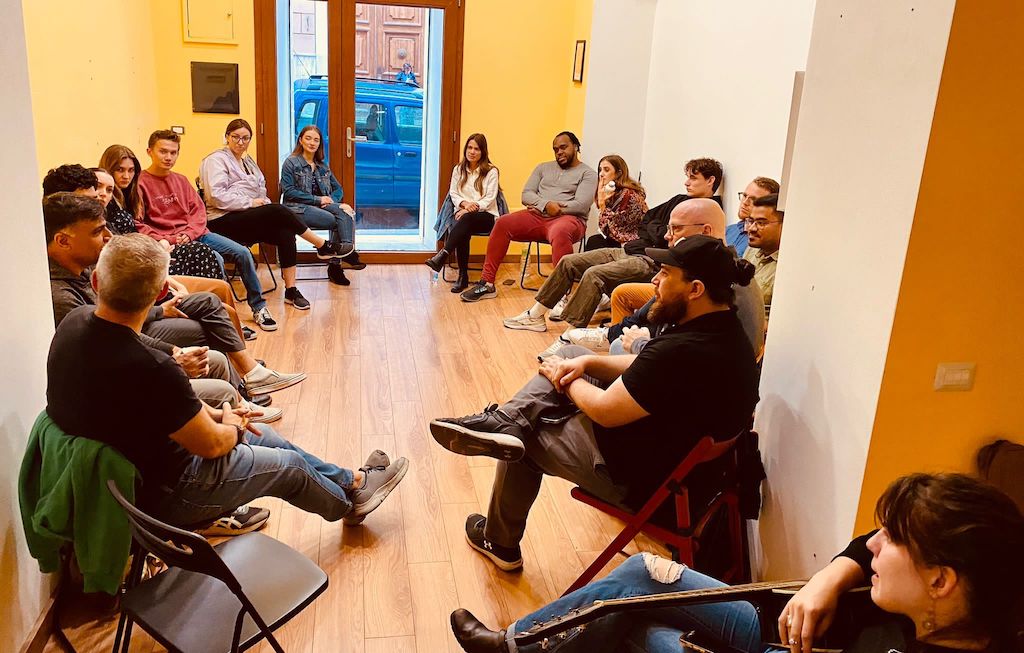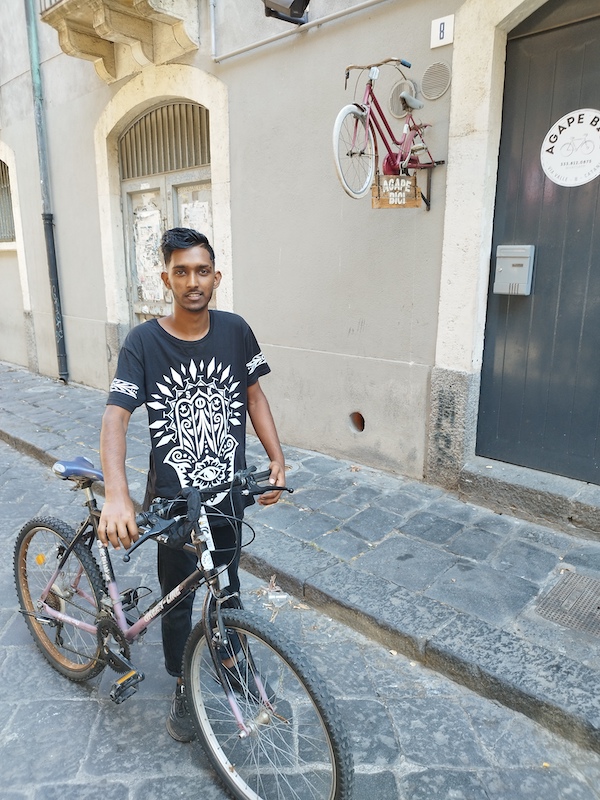There was a funny commercial a few years back from a company called EDS. They showed a group of men and women building an airplane while it is flying in the air. They talk about how they love their job and some even tear up a bit while they are talking about it.
This is probably a good analogy for what Search Party is doing now. We have created a group of people who are committed to making disciples of Jesus, but we are learning along the way what it will take to see that happen, and to see it happen as a true movement of disciples. As it turns out, several assumptions were probably correct, while others, especially our understanding of our role in the discipleship process, were definitely off-base.
Recently, we have connected with a group of disciple-makers called NoPlaceLeft. We have been learning from them, trying to determine how what they have learned can be applied where we are working. This started by learning more about the work they are doing in Athens among refugees there, but then continuing to work backward through the various trainings components that they have posted online. As we have done this, we’ve discovered that, in many ways, we already have a similar philosophy, and even many similar tools that we use to teach others how to become disciples and make disciples.
In visiting with the team in Athens, we learned about an idea that they call the Great Commission Pipeline. I’m not sure who gave it that name, but it seems to have originally come from a series of stages penned by Steve Smith to the ultimate goal of having “No Place Left”. Those four stages include:
- A Home Hub – A place in our homeland where someone learns and practices discipleship and church planting strategies.
- A Field Hub – A place outside of the homeland amongst unreached peoples where someone is launched to learn how a church planting movement is started.
- Unreached People Group Hub – The location of the work among the people that they hope to reach.
- Multiplying Movements – Starting the cycle anew from a Home Hub, creating a Field Hub, and sending people into an Unreached People Group Hub.
Steve describes these stages more fully in an August 2016 article on Mission Frontiers.
If we follow these patterns, we can probably say that, among the group that we currently have, we have done these things out of order. Instead of starting at stage 1 and launching out from a Home Hub, we have instead, at best, started a Field Hub or some combination of a Field Hub and Unreached People Group Hub. Not because there is an existing discipleship movement taking place, but we would say that solely because there is a group of people who are here working together.
As we move forward, we believe it is important that we begin to operate according to the principles that we see in these stages. We will address the details of how this will work in future posts, but it does address many questions that we have had around how people should be prepared to come and work with us, what tools and understanding they should bring with them, how we will work together as a team, and the process for how we can expand to various cities in the countries where we are working and further into other places around the globe.




